- Overview
- Symptoms
- Causes & Risks
- Tests & Diagnosis
- Treatment
- Living With
- Mobility & Assistive Devices
- Complications
- Support & Resources
- View Full Guide
Tips for Working With Your Hands When You Have RA


Hand Arthritis and Your Daily Life
When RA causes hand pain, it can affect all your responsibilities – from working to parenting to maintaining a household. Try these tips to make life easier when your hands hurt.
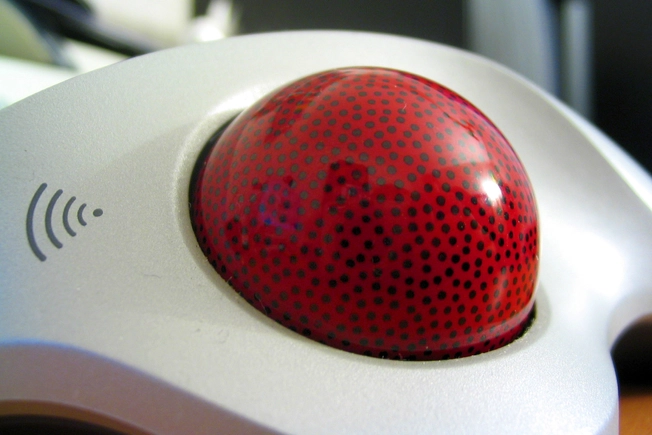
At Work: Ergonomic Fixes
Look for large-grip, large-buttoned or cushioned versions of your everyday equipment and tools. Computer keyboards come in many shapes and styles for people with all kinds of hand pain. A trackball or touchpad might be more comfortable than a standard mouse. Padded wrist rests for your keyboard and mouse may also offer relief.

At Work: Go Hands-Free
Whenever possible, use voice command technology. Tell your smartphone what to do rather than keying it in. Dictate text messages, emails, and other typing tasks. Take calls hands-free with earbuds, a headset, or on speaker. Audio record meetings and lectures rather than taking notes.

At Work: Pace Yourself
Some pain comes from using your hands for long, unbroken spans of time. Whenever you can, break your manual duties down into smaller blocks and get another task done in between. Make sure you give yourself plenty of breaks, too.

At Work: Know Your Rights
The Americans with Disabilities Act (ADA) protects people with arthritis on the job. Under this law, you might get permission to work shorter shifts or work from home. The ADA could also require your employer to provide special tools and equipment that help you do your job with arthritis. Your doctor can tell you if you qualify.
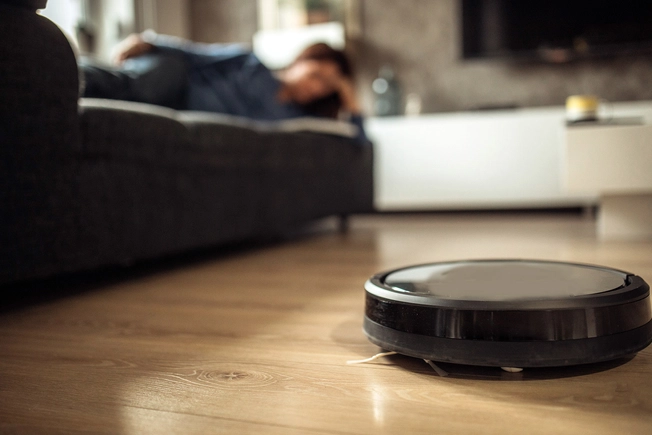
At Home: Get the Right Cleaning Tools
Safeguard the small joints in your hands by choosing RA-friendly tools. Look for scrub brushes, brooms, mops, and dustpans with large, padded grips. Invest in wheeled buckets and laundry baskets to take stress off of achy hands. Lose sponges and rags that you have to hold on to and try a cleaning mitt or a sock over your hand. Let a steam mop loosen grime as you work. Or just enlist robot vacuums to handle your floors.
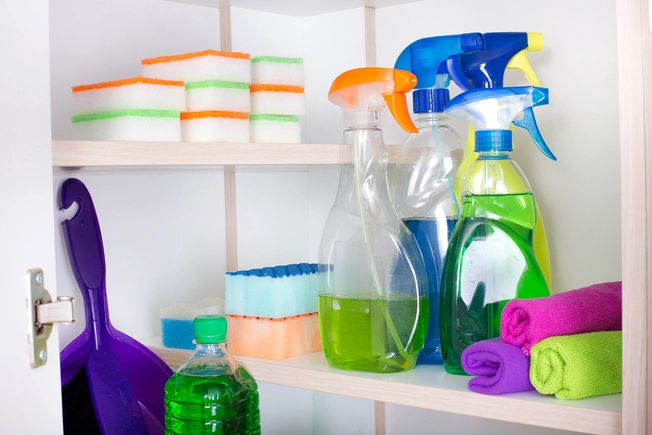
At Home: Lighten Your Load
Stash cleaning products in the room where you use them to avoid lugging them around the house as you go. Double up on household cleaners, and leave a set upstairs and downstairs. Transfer products from large containers into small ones, so they’re easier to transport.

At Home: Go Heavy Duty
Put your products to work for you. Opt for heavy-duty cleaning solutions that break down dirt, mold, and soap scum and leave less scrubbing for you.

At Home: Make Chores Manageable
Clean early and often. Hit stains while they're fresh so you won’t have to put so much elbow grease into them. Clean frequently rather than waiting till a job is too big to handle. Enlist family members so that the work isn’t all on you. Break chores up over several days. Take plenty of breaks. And be realistic: Don’t aim for immaculate. Go for “clean enough.”
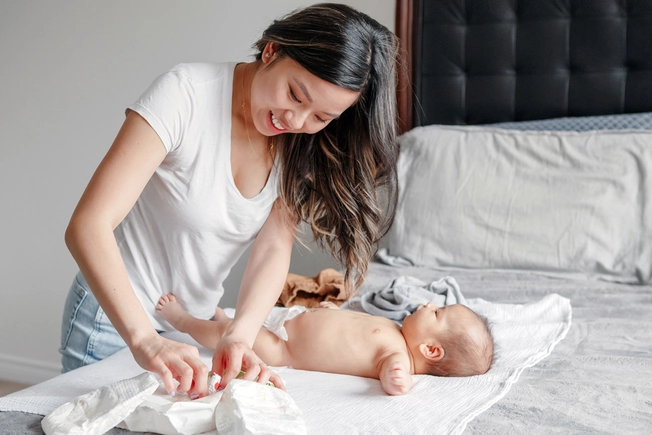
Parenting: Baby Years
Set up a diaper changing station upstairs and downstairs, so you don’t have to carry the baby too far. Lift with your elbows and forearms, and carry your baby in a sling. A car seat buckle release tool can help weak, sore hands tackle the task. Use a soft bathing mitt you don’t have to grip. Look for clothes with zippers or Velcro rather than tiny buttons.

Parenting: As Kids Grow
Don’t hide your pain or limitations from your children. Educate them about arthritis so they understand and don’t get scared when they see you in pain. Let them take on age-appropriate tasks that hurt your hands. Teach them independence. When the time is right, let them bathe themselves, make their own lunches, and carry their plates to the sink.
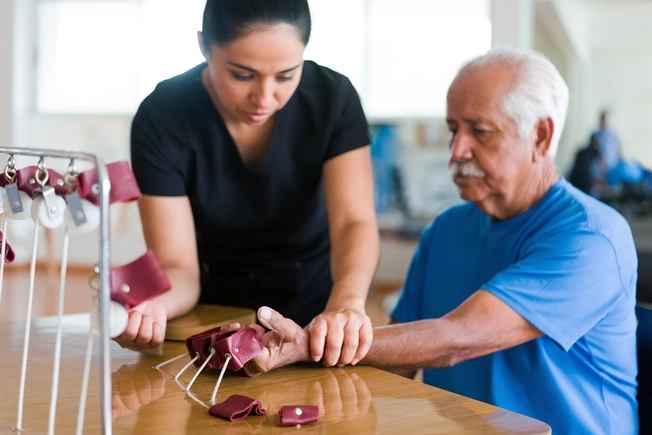
All Around: See a Professional
An occupational therapist can offer tips to make all your daily tasks – at home and at work – easier. They might provide exercises and advice on assistive devices, too. Ask your doctor for a referral.